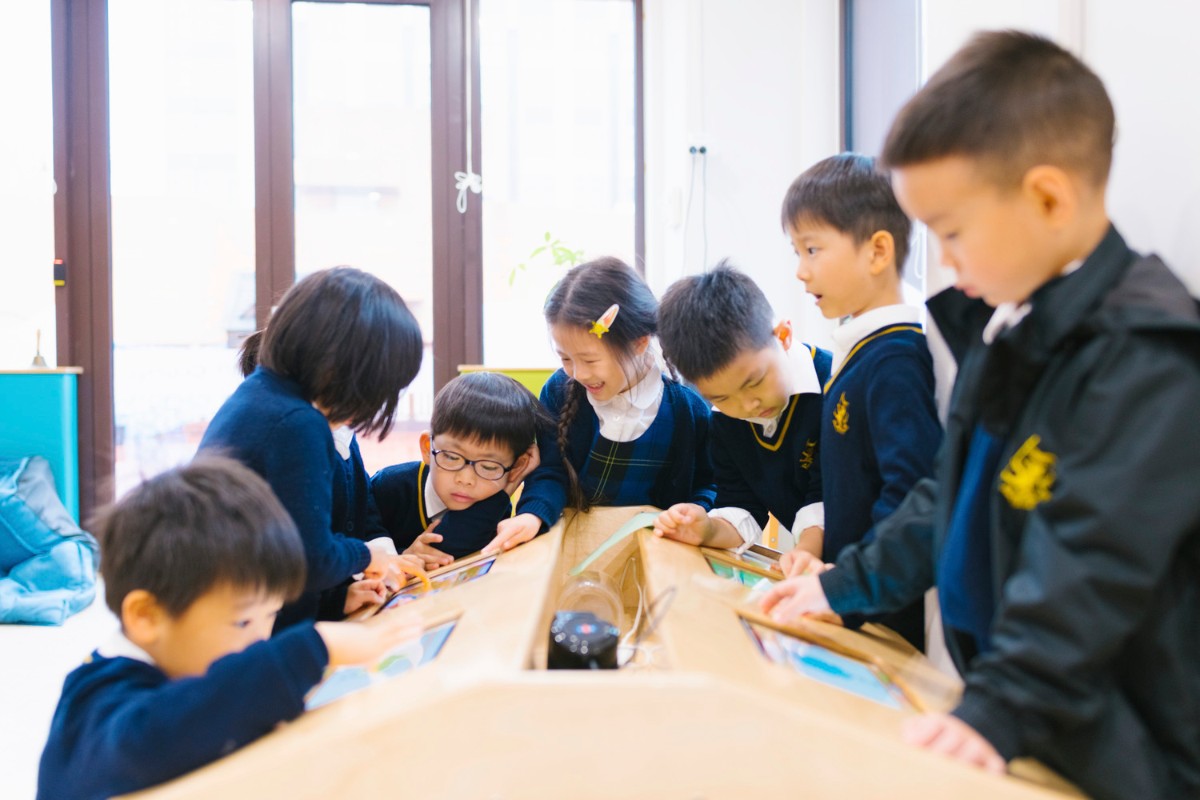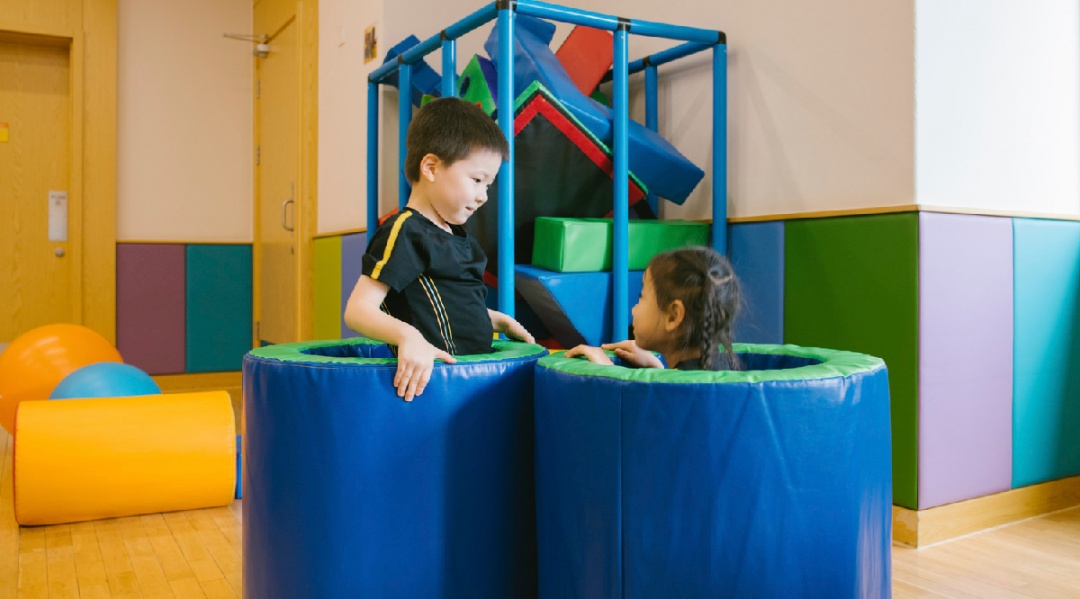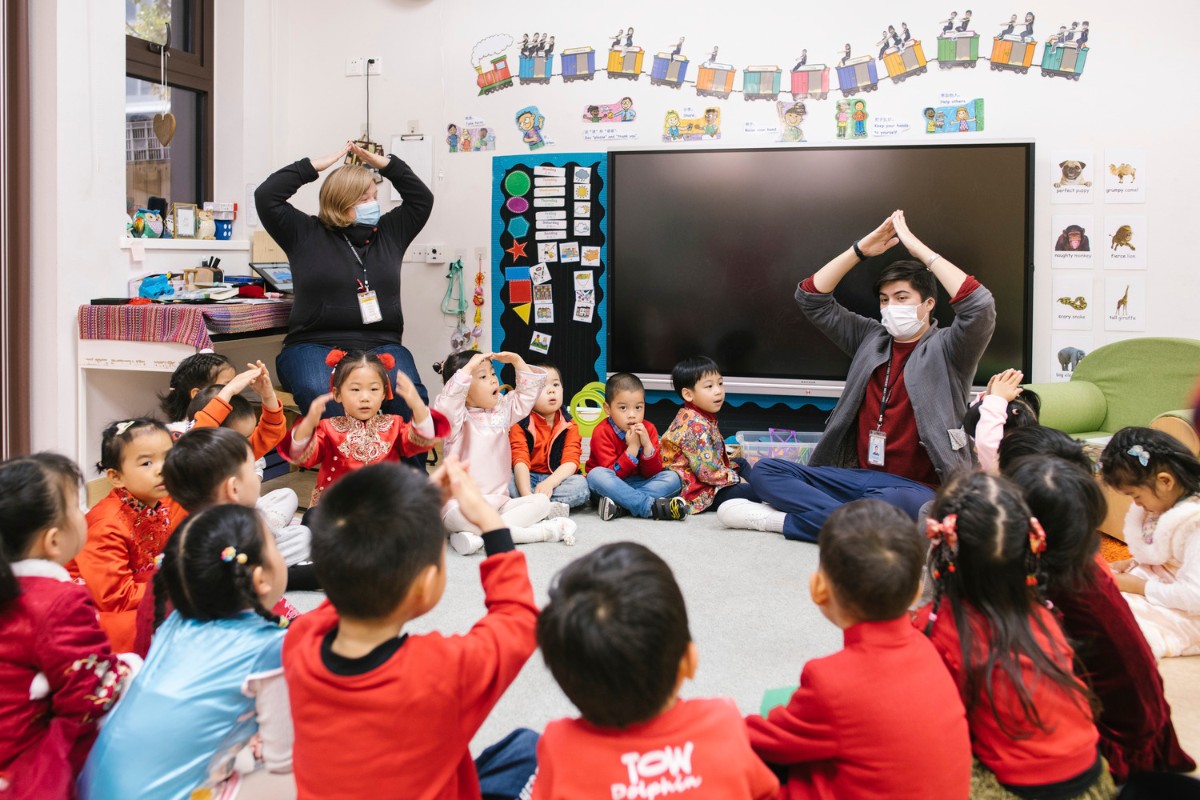
You probably have a good idea of what it means to be happy. You might assume that people around the world share a similar idea of what it means to be happy. If you search to find the definition of the word ‘happy,’ you will mostly find that it can be described as having feelings of satisfaction, pleasure, or contentment. But what brings people happiness will often be very different from one person to the next.

Happiness for some may be being at peace with who they are. Whilst for others it could mean having a secure network of friends who accept them unconditionally. Or the freedom to pursue their deepest dreams. When you go to your “happy place,” you might picture yourself relaxing on a beach, making a cup of tea and settling onto the sofa after a long day or completing a task ahead of a deadline. These differences mean that at different times, our sense of happiness is changeable; dependent on what we are doing or the circumstances in which we find ourselves.
However, some people just seem to float through life with a relentless sense of happiness. Even through the toughest of times, they are unfazed and blissfully content; stopping to smell the roses and drinking out of a glass half full. Children will often find happiness in the simplest things and as adults, we may learn a lot following their example in doing this. When asked what makes them happy, some children in EY4 shared their thoughts, and their answers reflect that even the small things in life can boost our feelings of joy and satisfaction.

Some of the children linked the idea of being happy with doing things for others. Agnes, who is in the Giraffe class, suggested that we should, “help each other. Now we are big brothers and sisters, we have to help EY1 and EY2.” Queena, also in Giraffes, explained that being happy is about “making something for someone else.” Studies indicate that social relationships play a significant role in our sense of overall happiness. Positive family and peer relationships seem to have an equal impact and research into happiness found that being kind, even to strangers or acquaintances, does not only make you happy in the moment, it also feeds your happiness when you think back on those moments and inspires you to engage in more kindness.
Try it: Giving a sincere compliment or helping to lay the table for dinner is a quick, easy way to brighten someone’s day and will also boost your own happiness.
GuoGuo from the Elephant class explained that playing Monopoly at nursery makes her feel happy and “even if I don’t win, I still feel happy.” This can be the reason why people who manage their expectations and don’t set unrealistic standards tend to be happier. They are not crushed when they do not get what they want and they are not misled into expecting to get the most out of every situation. To ensure managing their emotional health, they strive towards enjoyment rather than perfection and celebrate small victories whenever they come along. So, it is important to remember that taking part in the process can be just as enjoyable as achieving the result.
Try it: Start each day by acknowledging one thing you’re grateful for. You can do this while you are brushing your teeth or waiting for the water to heat up in the shower.
Rosie in Giraffes believes that being happy means that we “aren’t sick.” We can do a lot to ensure that we stay healthy and don’t become ill. The positive impact of healthy eating habits and regular exercise have been shown to stretch beyond just the physical aspect of health. Some foods can also affect your state of mind and regular exercise can help to reduce stress and feelings of anxiety and boost self-esteem and happiness. Whilst making sure workouts and healthy food are key parts of your week, avoid depriving yourself of sofa days or treats. Torres from Elephant class describes how eating “candy and chocolate ice-cream in a cone” make him feel happy. Enjoying this at the ice-cream shop with his family enhances his experience too.

Try it: Make one better food choice each day or take a walk around the park before dinner.
Alex from Zebras described how he enjoys “playing by himself. I like to draw aeroplanes and trains.” It’s vital in life that we make sure that amid all the responsibilities, we put aside time for our hobbies, pastimes, and passions. They are the true building blocks of ‘you,’ and making time for them will make you more well-rounded and happier. Caring for yourself means understanding that you must put your needs first in order to accommodate the needs of others.
Try it: Find out what you love and make sure that you spend time doing it.
When asked what makes him happy, Tom from the Monkey class didn’t hesitate in saying, “dogs. Especially when they lick you!” There is a lot of evidence to support the idea that being with your pet leads to the release of dopamine which is linked to feelings of happiness and love. Spending time with a pet makes you feel calm and happy. Not to mention the countless things that pets do on a daily basis that make us laugh. Laughing and smiling also causes the brain to release dopamine, which in turn makes us feel happier still.
Try it: Spend time with your own or a friend’s pet or alternatively, visit a pet store for some animal company.
These insights into happiness from a child’s perspective show us that even the small things are important when we look at the complete picture. If we take the time to appreciate what is happening around us and be grateful for what we already have, there is no reason why we cannot all be one of the people who float through life feeling satisfied and content.